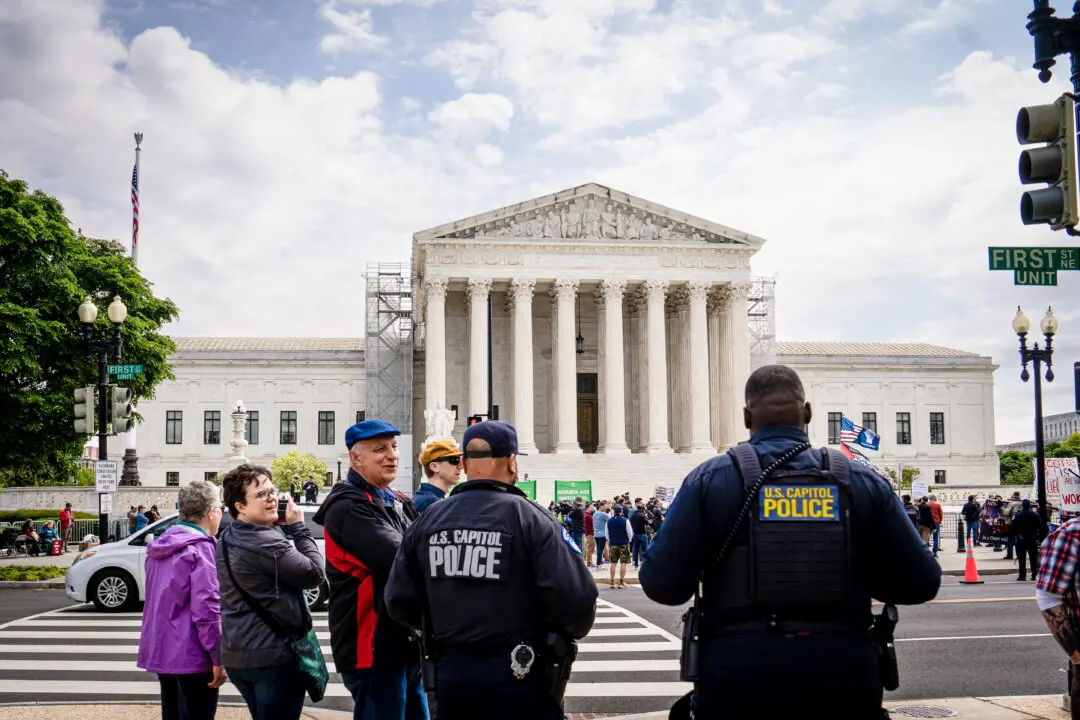The Supreme Court heard arguments on April 25 in a politically charged case about whether former President Donald Trump enjoys immunity from prosecution for official acts carried out during his time in office.
Generally, the Supreme Court tries to wrap up its annual term, which begins in October, and issue rulings in the scores of cases it heard during the term by the end of June each year, but the court could release its opinion in Trump v. United States at any time. The timing of the opinion will have political repercussions, especially if the Supreme Court remands the case to a lower court for reconsideration.





